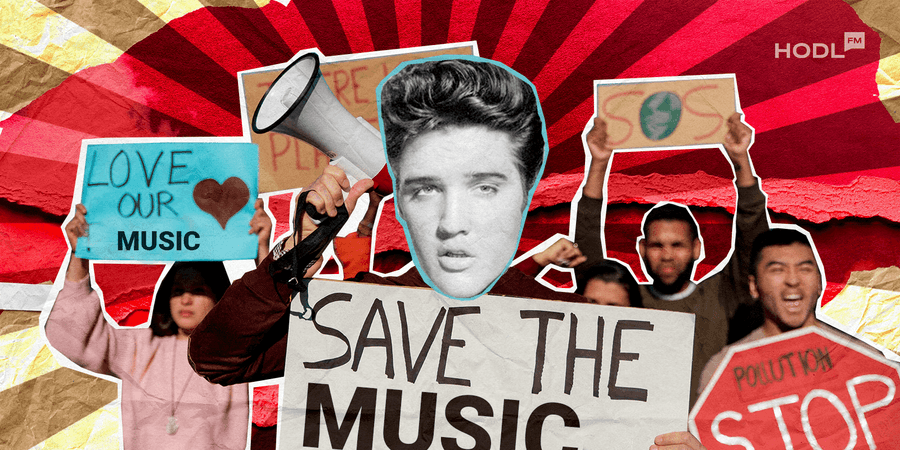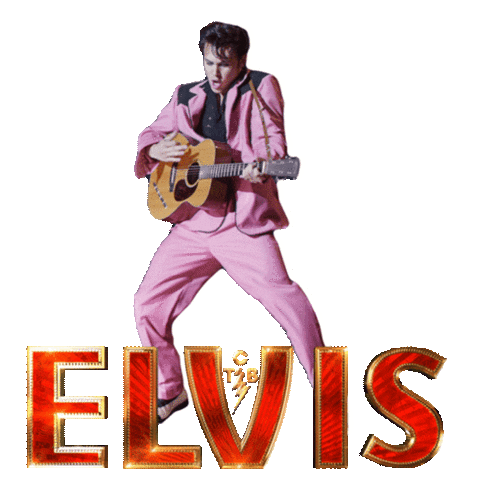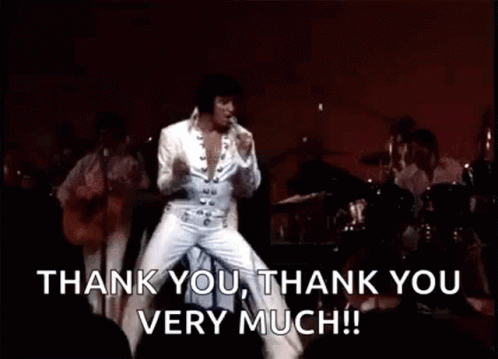Something truly intriguing happened on February 13: Tennessee State expressed a position very much against AI. The Tennessee House Banking and Consumer Affairs Subcommittee just gave the thumbs up to a new act.
Related: AI Chatbots: Copyright Thieves or News Publishing Partners?
It’s all about protecting musicians from having their work copied by AI, and guess what? Everyone agreed on it. Yes, I have details for you! Read on.
A Brief Overview
At the end of January, Gov. Bill Lee proposed adding voice as a protected right under Tennessee law to shield musicians and songwriters from AI exploitation. He recognizes that AI technology can be used for good, but highlights that it also allows users to impersonate and make fake works in the voice and likeness of others.
So together with members of the General Assembly, he proposed legislation to protect Tennessee’s rich musical heritage and ensure that no one can steal the voice of Tennessee artists:
We’re calling this bill the ELVIS Act to honor our very own King of Rock & Roll, as well as his family who is still working to protect his legacy today.
Gov. Bill Lee in the 2024 State of the State Address
The Ensuring Likeness Voice and Image Security (ELVIS) Act focused on the unethical use of artificial intelligence, such as the illegal use of voice, image, and artist depiction.
It gained instant support from Tennessee musicians and actors. Actress Chrissy Metz and Nashville Songwriters Association board member and songwriter Jamie Moore were the ambassadors on the “King of Rock & Roll” side of the bill. Their opponents are the Motion Picture Association and TechNet. They call themselves the “voice of the innovation economy.”
Let The Artists Speak For Themselves!
House Republican leader William Lamberth of Portland put it straight when he said, “We’re here to shield our artists, our songwriters, and their voices from the grasp of artificial intelligence.”
It all boils down to something pretty simple. Our identities are ours, and nobody should mess with that. We ought to have the final say on the words that leave our lips and how our images are thrown around.

Chrissy Metz highlighted the importance of owning one’s identity and the threat of “deep fakes.” Metz recounted a personal story where her body was made much slimmer, causing fan confusion.
“Imagine pouring your soul into your work, only for it to be twisted by some faceless tech!”
Related: Copyright in the Age of AI
And In The Left Corner…
Ben Sheffner of MPA warns Tennessee’s bill could overly expand the “Right of Publicity” law, affecting media portrayals of real people and events. Plus it could limit free speech in the long term perspective.
This limitation to commercial uses is crucial because it prevents the law from being used to censor portrayals of real people in movies, TV shows, documentaries, news broadcasts, and other media that — unlike advertising or merchandising — are fully protected by the First Amendment.
Ben Sheffner
So, MPA is 100% ready to collaborate on a balanced solution.
Well, in the example of Taylor Swift, we know how painful AI technology can hit! However, even though artists’ feelings are very sensitive, first of all, watch your assets, which can be stolen by hackers with the help of Al!’
Read More:
- Top 10 Best Artificial Intelligence Games to Play
- AI vs. Human Creativity in the World of Copyright
- Changing the Future of AI and Social Interaction – The Big Interview With Reface Co-CEO Anton Volovyk
Disclaimer: All materials on this site are for informational purposes only. None of the material should be interpreted as investment advice. Please note that despite the nature of much of the material created and hosted on this website, HODL FM is not a financial reference resource and the opinions of authors and other contributors are their own and should not be taken as financial advice. If you require advice of this sort, HODL FM strongly recommends contacting a qualified industry professional.







